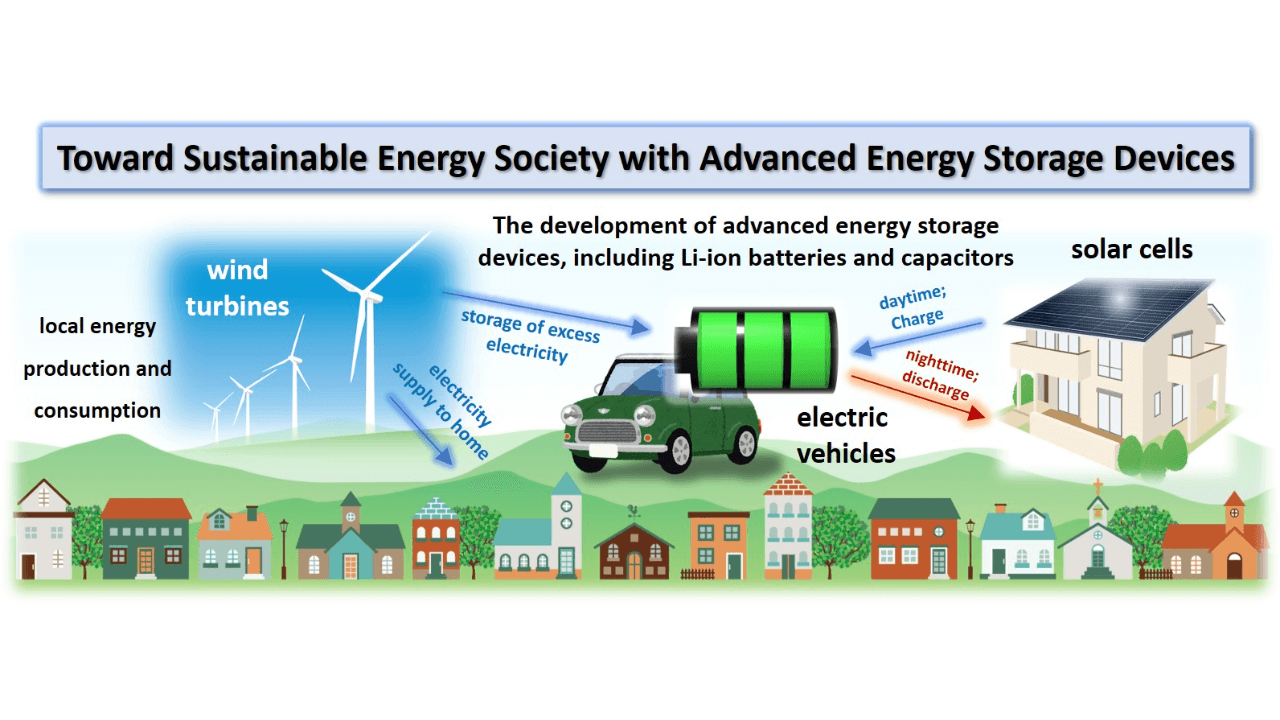Battery-operated vehicles (EVs) are gaining momentum in India’s Advancing Battery Technology due to their eco-friendly nature. However, their widespread adoption requires advancements in battery storage technology and recycling. The Indian government is actively supporting research and development in this area to promote indigenous capabilities and sustainability.

Enhancing Battery Storage Technology
Union Minister Dr Jitendra Singh highlighted the significance of energy storage systems, typically batteries, in all electric vehicles. To make EVs more appealing and affordable, advancements in storage technologies are crucial. The government is committed to supporting research initiatives that focus on developing indigenous capabilities in Lithium-ion (Li-ion) battery materials and cells for EVs, reducing dependency on imports.
Promoting Battery Recycling for Sustainability
Battery recycling technology is equally vital to address battery waste and scarcity of raw materials. The government recognizes the importance of circular economy principles and invests in inventions for battery recycling. Proper recycling can extract valuable metals like Lithium and Cobalt from spent batteries, promoting resource sustainability.
Research Initiatives and Challenges
The Department of Science & Technology (DST) supports research projects in battery storage, leading to notable publications and prototypes. Prestigious institutes like Indian Institute of Technology Bhubaneswar and Indian Institute of Technology Kharagpur have made strides in developing battery systems. However, challenges remain, such as sourcing raw materials and establishing a reliable supply chain for components.
Future Prospects and Conclusion
The government’s commitment to advancing battery technology will drive India towards a greener and sustainable future. By fostering indigenous capabilities and adopting circular economy principles, India can emerge as a global leader in the electric mobility revolution. With continued efforts in research and development, India’s journey towards a cleaner and greener future is well underway.
- 3 August Current Affairs 2023 in English
- MoU Between Subroto Mukerjee Sports and Education Society and All India Football Federation (AIFF) to Promote Football at Grassroot Level
- Dr. Mansukh Mandaviya Delivers Keynote Address at the 13th Indian Organ Donation Day ceremony
- Education Ministry Forms Expert Panel on Anti-Discrimination in Higher Education
- Concerns Arise Over Cheetah Deaths at Kuno National Park

